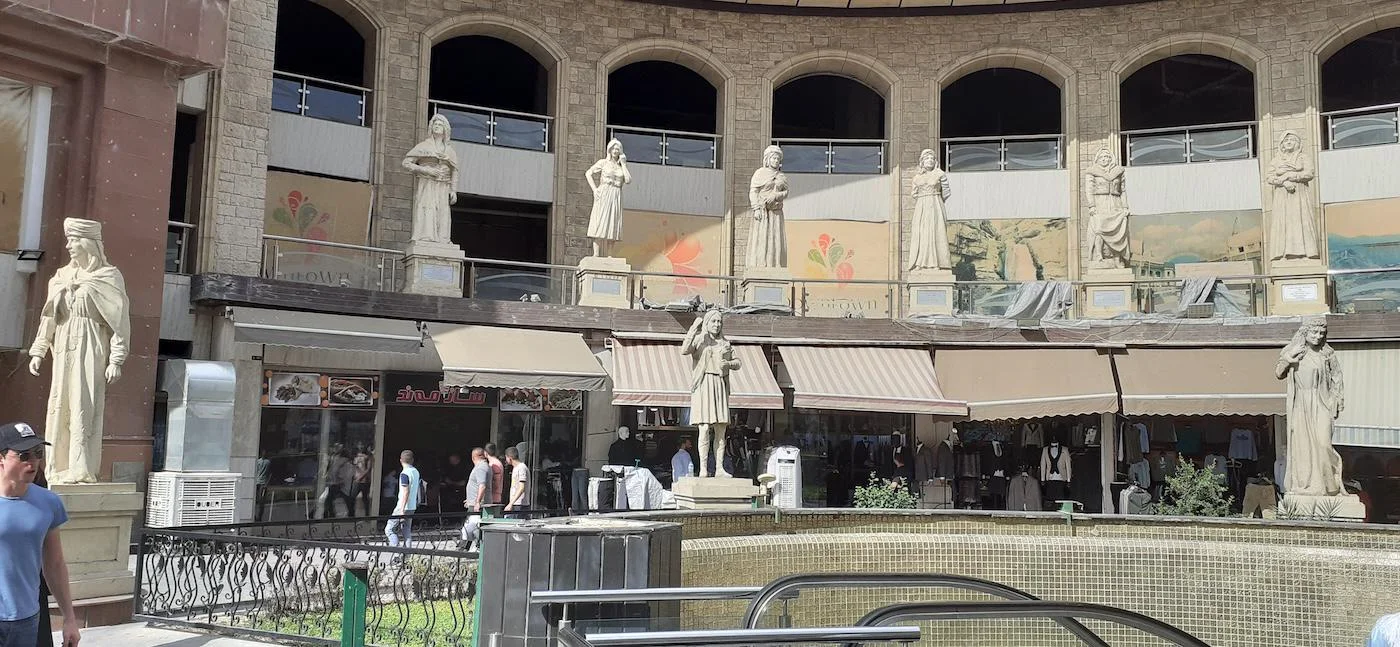The Emergence of Modern National History Writing for Stateless Peoples in Early 20th Century Middle East: A Case of the Kurds
LSE PI: Dr Marouf Cabi
Duration: July 2025 – August 2026

Despite its significance, national history continues to pose formidable challenges to Kurdish interdisciplinary and transnational historical studies at present, primarily by shaping historical understanding of contemporary events. Historiographical studies in the ‘Middle East’ have primarily focused on the cases of politically powerful national history writing. Focusing on the case of the Kurds, this project highlights national history writing on behalf of stateless peoples to explore its significance in shaping a Kurdish master or national narrative.
The study aims to present the idea that history writing on behalf of non-state peoples emerged as a mode of resistance and a means to ensure their epistemic survival in the face of powerful historiographies’ denial of their nationhood and statehood. Methodologically, it undertakes archival research in Iraqi or southern Kurdistan to identify early texts of modern Kurdish national history in the early twentieth century. It is a comparative analysis of modern European, Kurdish, Persian, Arab and Turkish national histories to identify commonalities and differences. While they were concerned with ‘racial’ and linguistic origins, Kurdish non-state history writing seems to have differed in its significance as resistance and an endeavour to preserve the historical survival of its perceived nation.
This project is funded by the British Academy/Leverhulme Small Research Grants Scheme.
Statues of Kurdish key historical female figures outside a market in Hawler. (c) Marouf Cabi
Project Outputs
- M. Cabi, Early Modern and Modern Kurdish National Historians, LSE Middle East Centre Blog, 4 October 2025.
- M. Cabi, A Study in the Emergence of Kurdish National History-writing in the Twentieth Century, LSE Middle East Centre Blog, 3 September 2025.
Principal Investigator

Dr Marouf Cabi | Visiting Fellow
Marouf is interested in the social and cultural histories of Kurdistan and Iran, as well as political and social movements, especially since WWII, and modern history-writing.